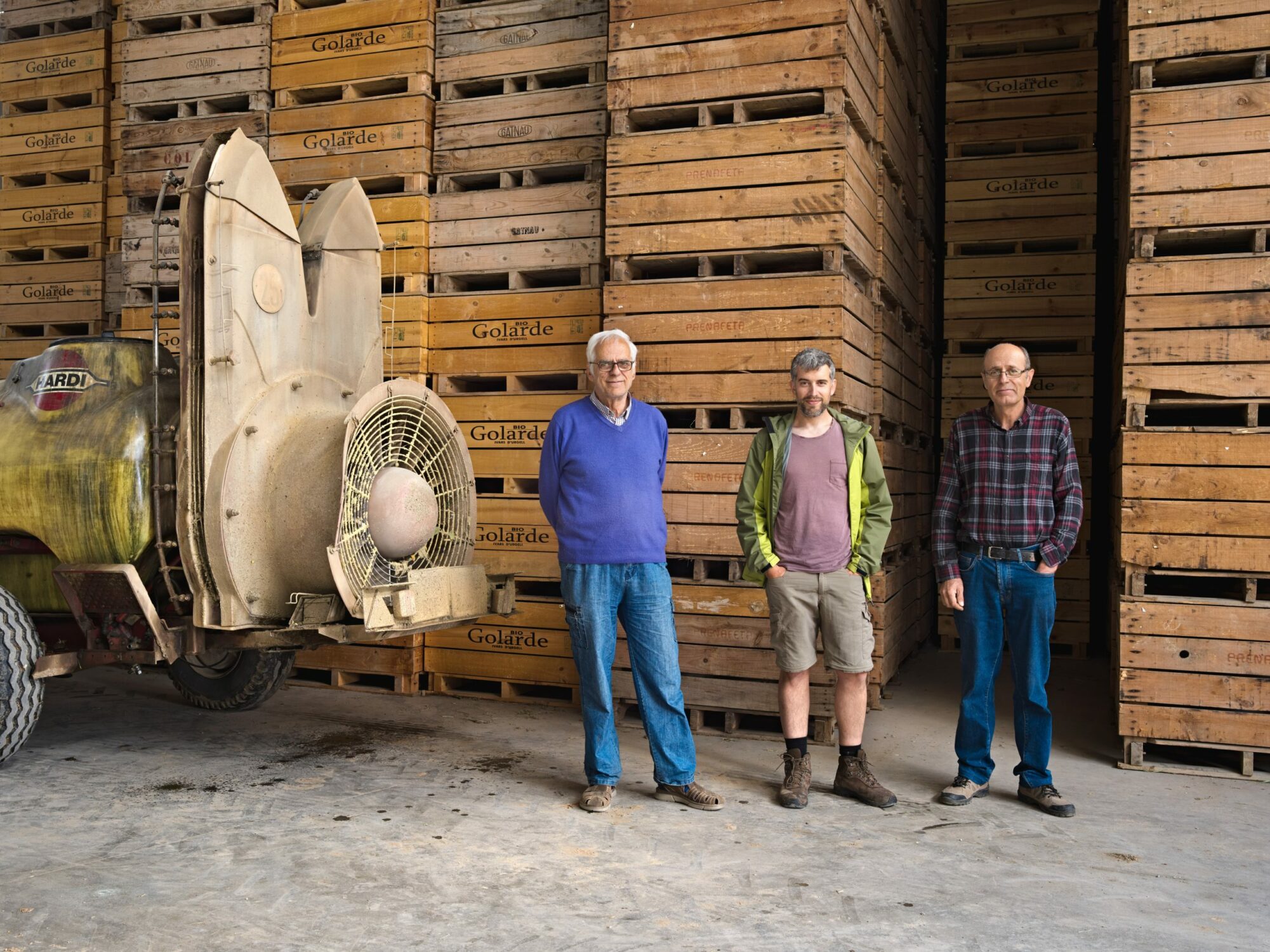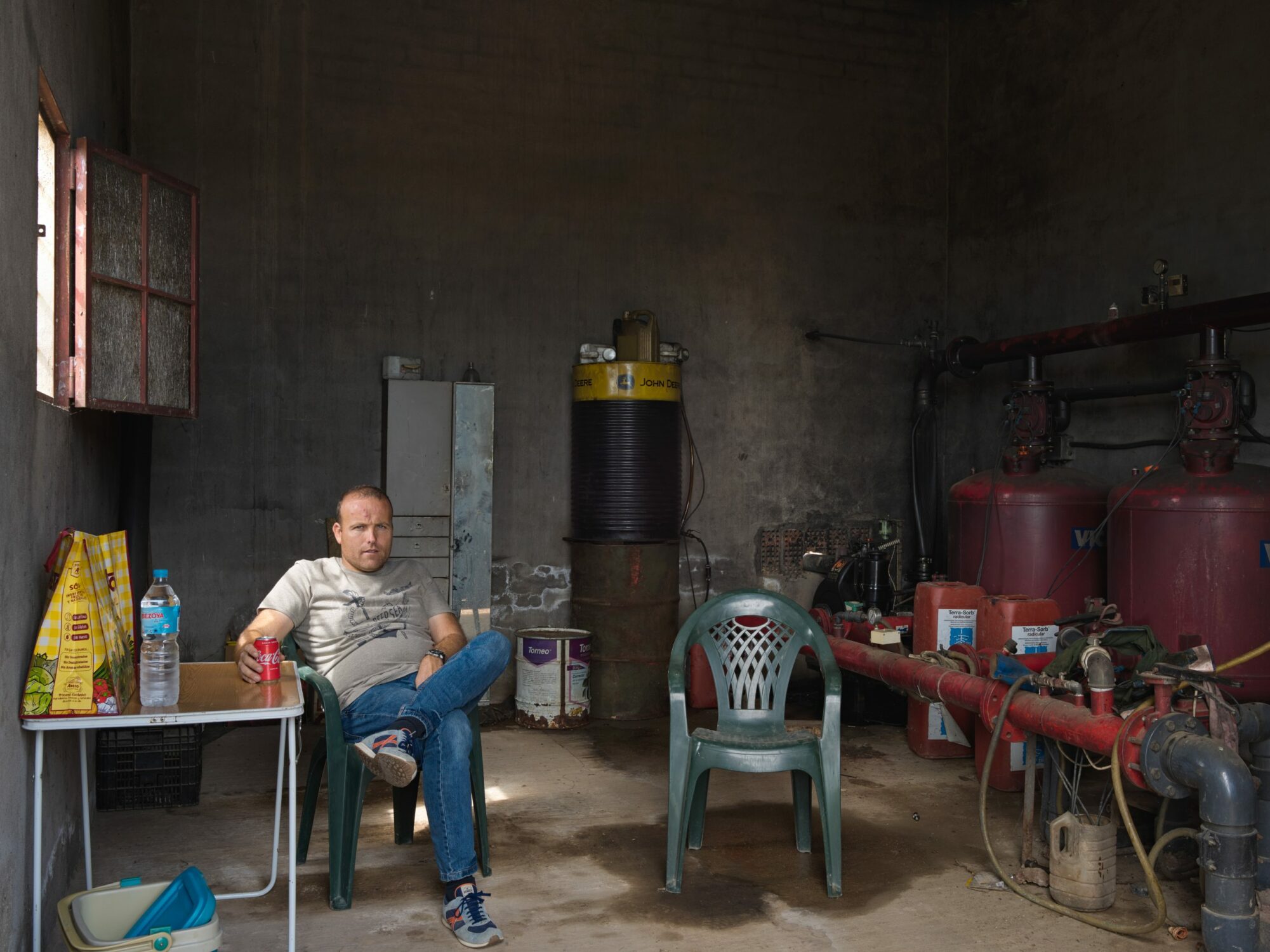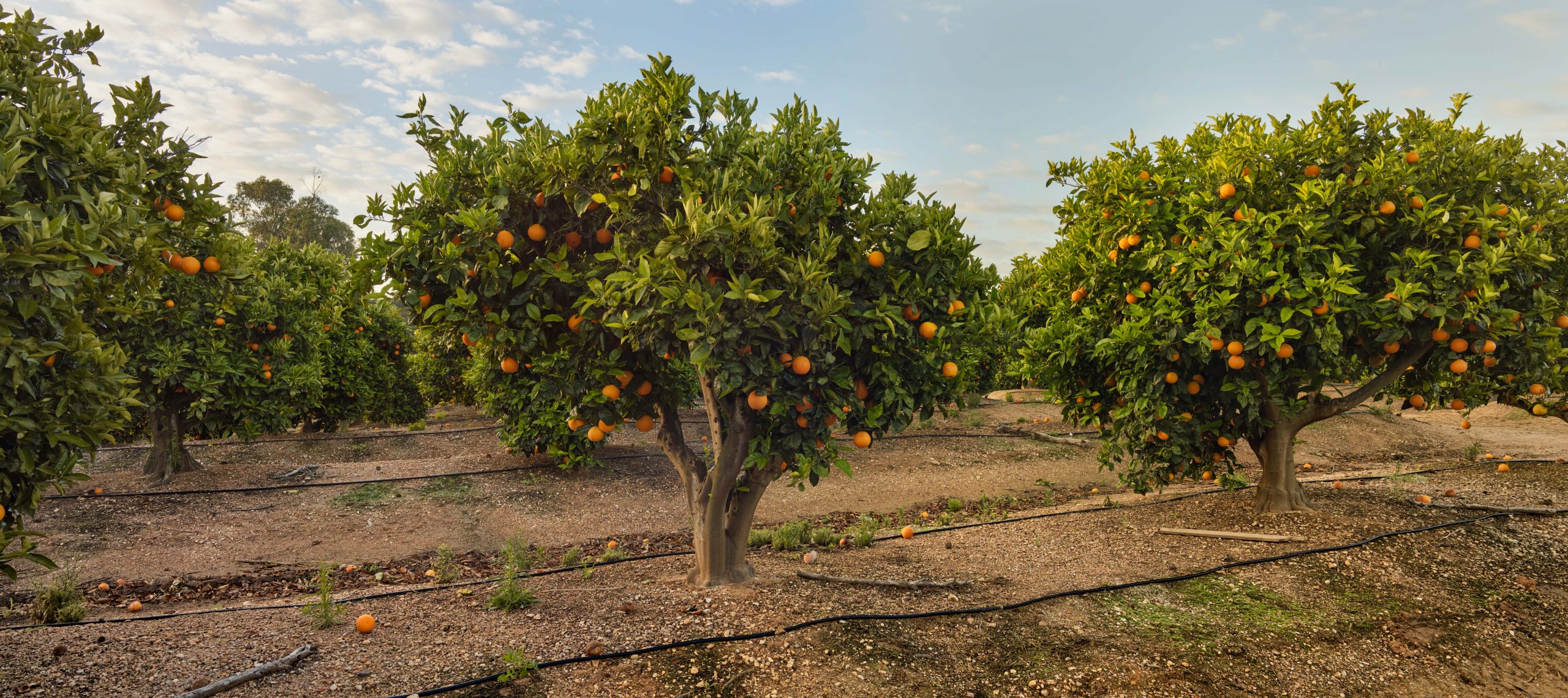

The release of Anagyrus Pseudococci
A clean idea; You breed insects that live by attacking the insects that are causing problems. They simply get on with it; once they’ve been released into the trees you don’t have to do anything.
There’s no residue, you needn’t worry about the long-term consequences for your health, the harvest or the environment and the pests can’t become resistant.
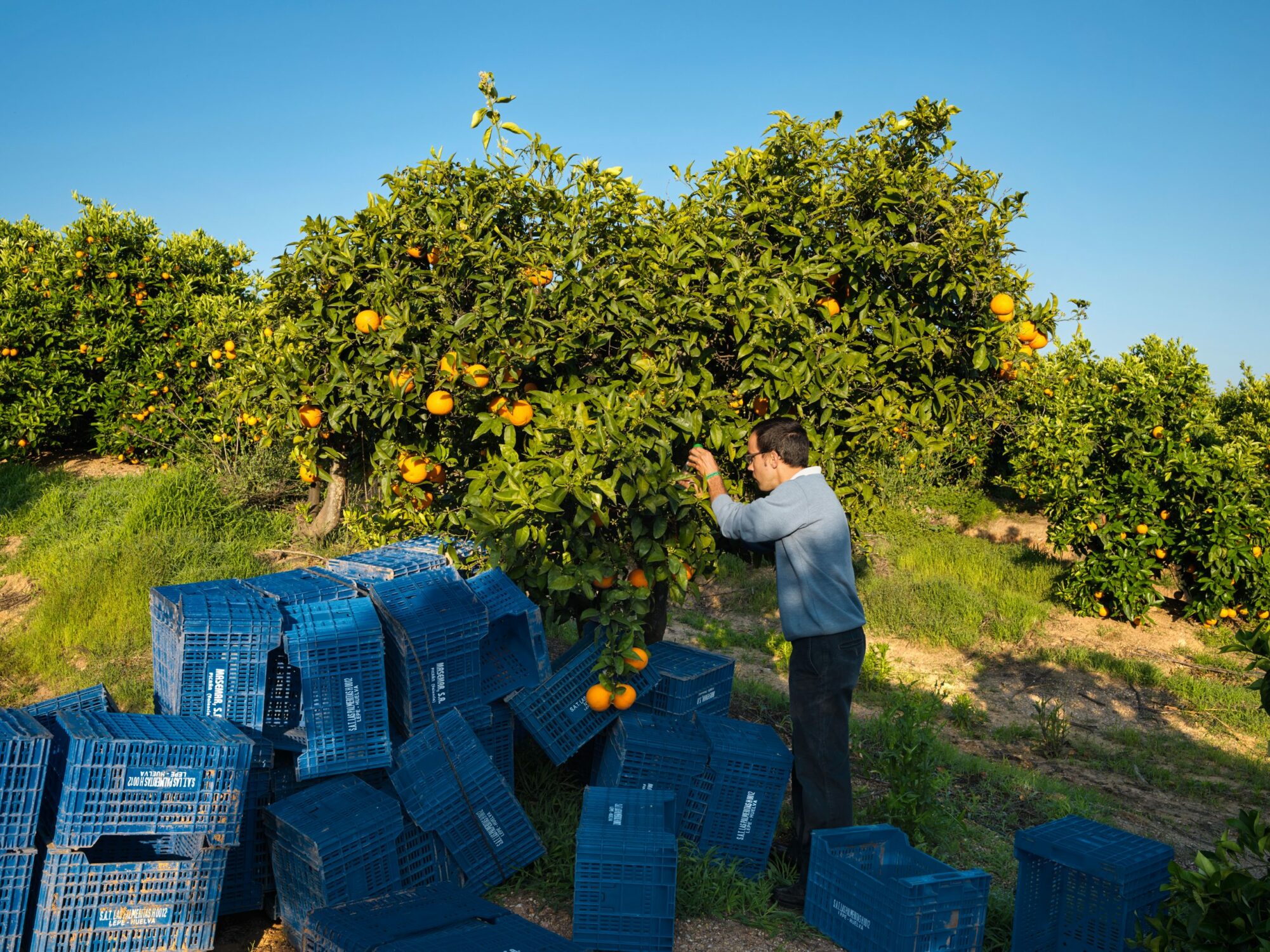
In the orchard we find Antonio Angel Diaz Martin, technical advisor at Masiá Ciscar.
The little jars he is spreading around the fields hold the pupae of a species of the parasitic wasp called Anagyrus Pseudococci.
In a few days the pupae hatches and the parasitic wasps escape from the small jar.
The wasps want only one thing: to find the citrus mealy bugs (a common pest in Citrus) and lay their eggs in the eggs of the citrus mealy bugs and that way control the pest.
Antonio Angel Díaz Martin
Masiá Ciscar, Lepe – Spain
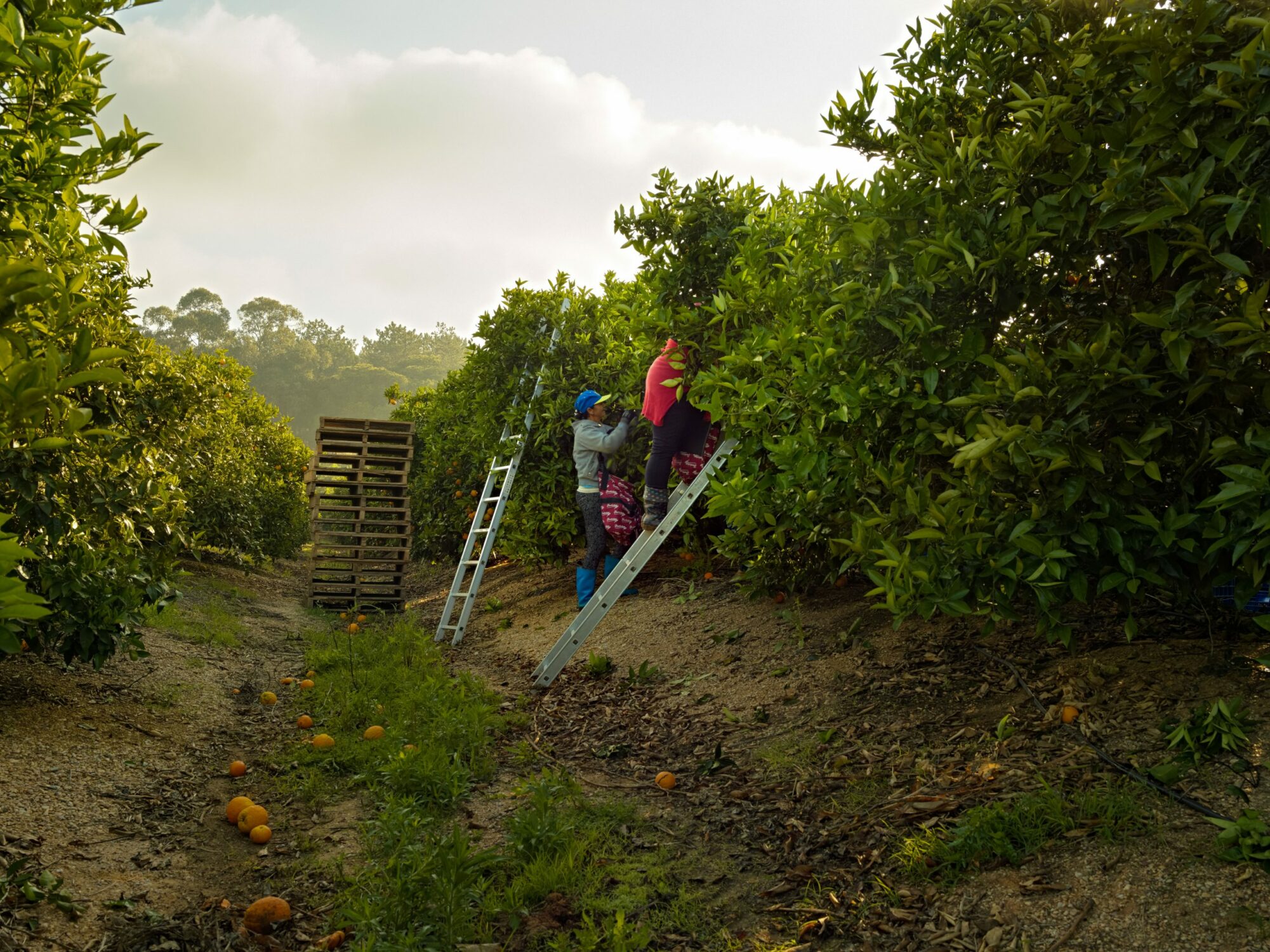
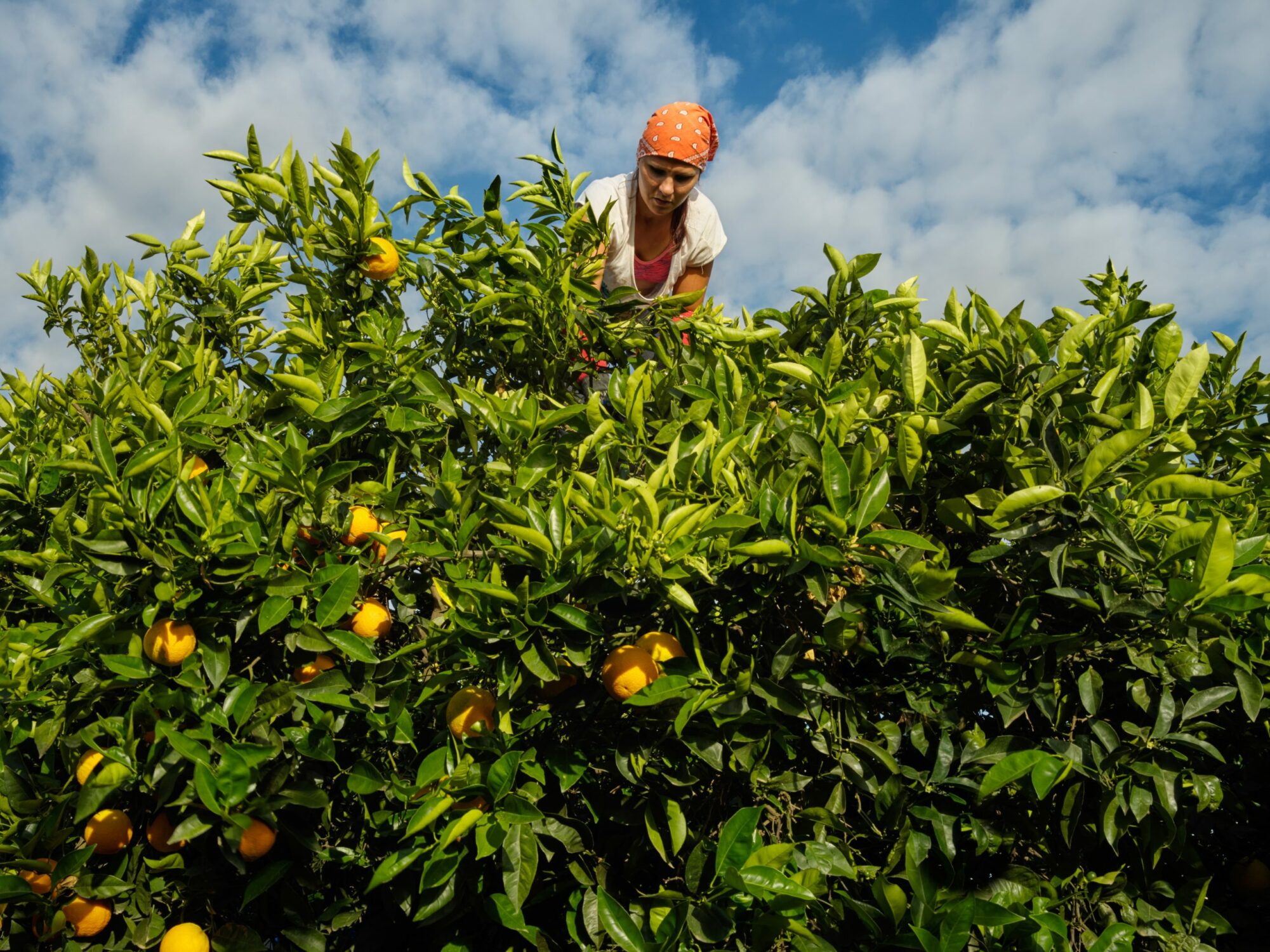
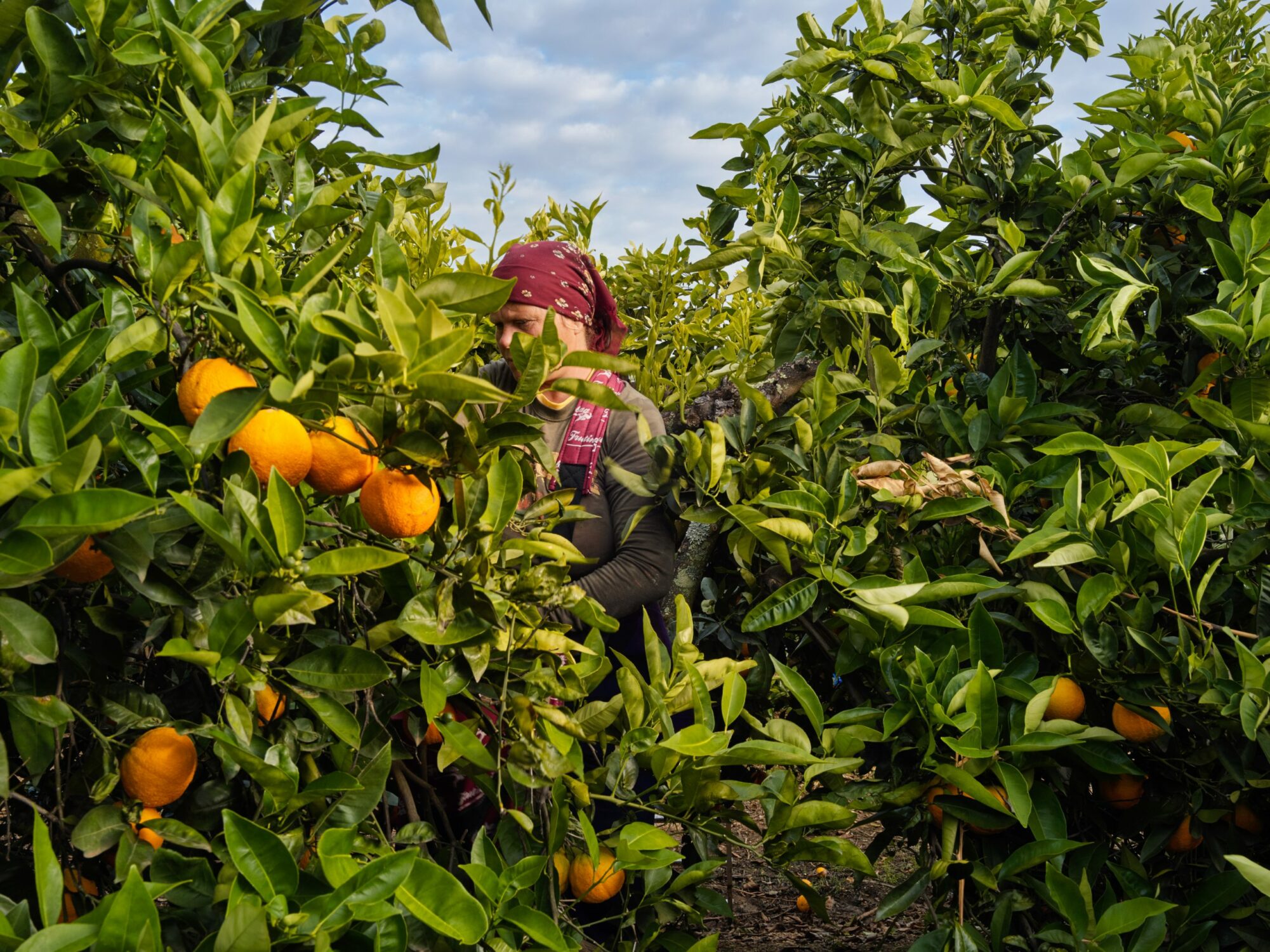
6.3 million tons of Citrus
Spain has 330.000 ha producing 6.3 million tons of Citrus. About 50% of the production is exported as fresh fruit, 20% is consumed in the internal market also as fresh fruit, 18% is processed and the rest are wastes.
A long worldwide know tradition
Citrons were introduced by the Romans during the V century, sour oranges lemons and pummelos by the Arabs during the X and XI centuries, sweet oranges by Genoese traders during the XV century and a reintroduction of higher quality varieties by the Portuguese in the XVI century and finally, the mandarins during the XIX century.
Source: ISHS (International Society for Horticultural Science)
A Quest for the Good
Two other inspiring stories of passionate fruit growers
